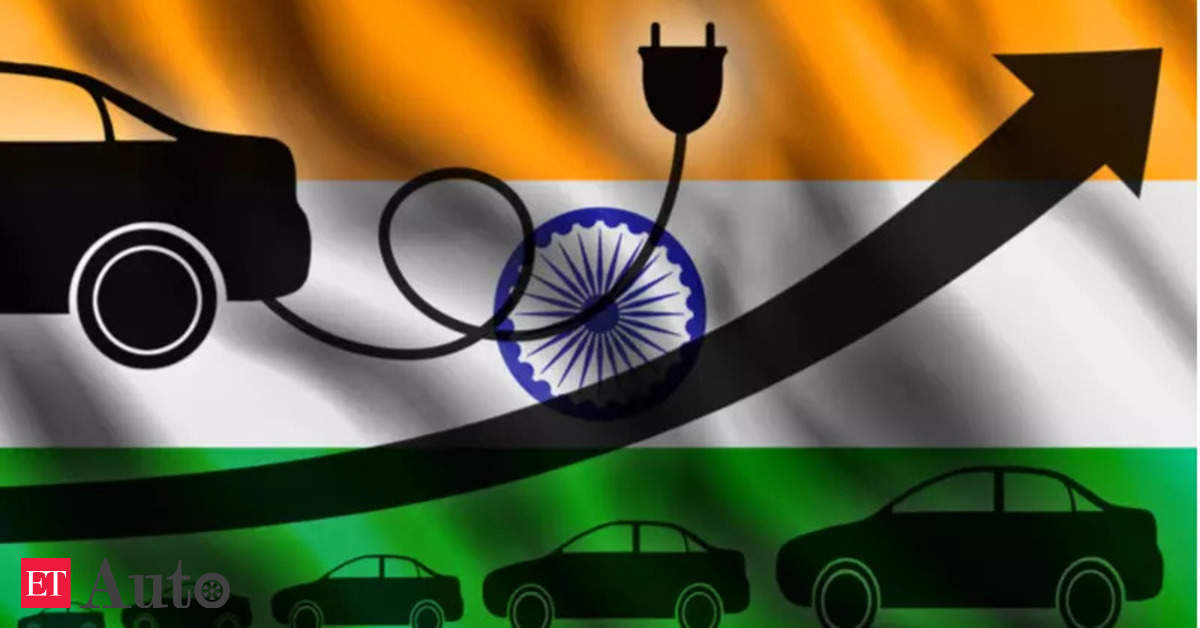The Indian government is expected to finalise incentives under its new battery swap scheme for electric vehicles (EVs) within the next two months, an official told, amid a broader clean mobility push to meet its decarbonisation goals.
The policy will initially focus on battery swap services for electric scooters, motorcycles and three-wheeled auto rickshaws, official said. In a boost for sectors like last-mile delivery and ride-sharing. India said on Tuesday it will introduce a new policy to promote swapping. A service that allows EV drivers to replace depleted battery blocks for freshly charged ones at swap stations. This is faster than charging the vehicle and reduces range anxiety for drivers.
A powerhouse is also the most expensive part in an EV and swapping allows companies to offer it as a service through lease or subscription models. Bringing down the cost of owning and operating the vehicle, industry executives say.
The government is likely to offer EV owners an incentive of up to 20% of the total subscription. The cost of the battery and this will be in addition to what they already get for buying clean vehicles. Globally, engine swapping has been slow to gain traction especially among carmakers.
Tesla Inc, years ago, tested the model and decided not to offer it to customers but rival Nio Inc offers swap services across China. Last month, Chinese battery maker Contemporary Amperex Technology announced plans to launch swap stations.
In India, oil giant Reliance Industries has formed a joint venture with Britain’s BP Plc to offer battery swapping. Motorbike maker Hero MotoCorp. The government will also define battery design and charging standards for companies that want to set up swap stations.

